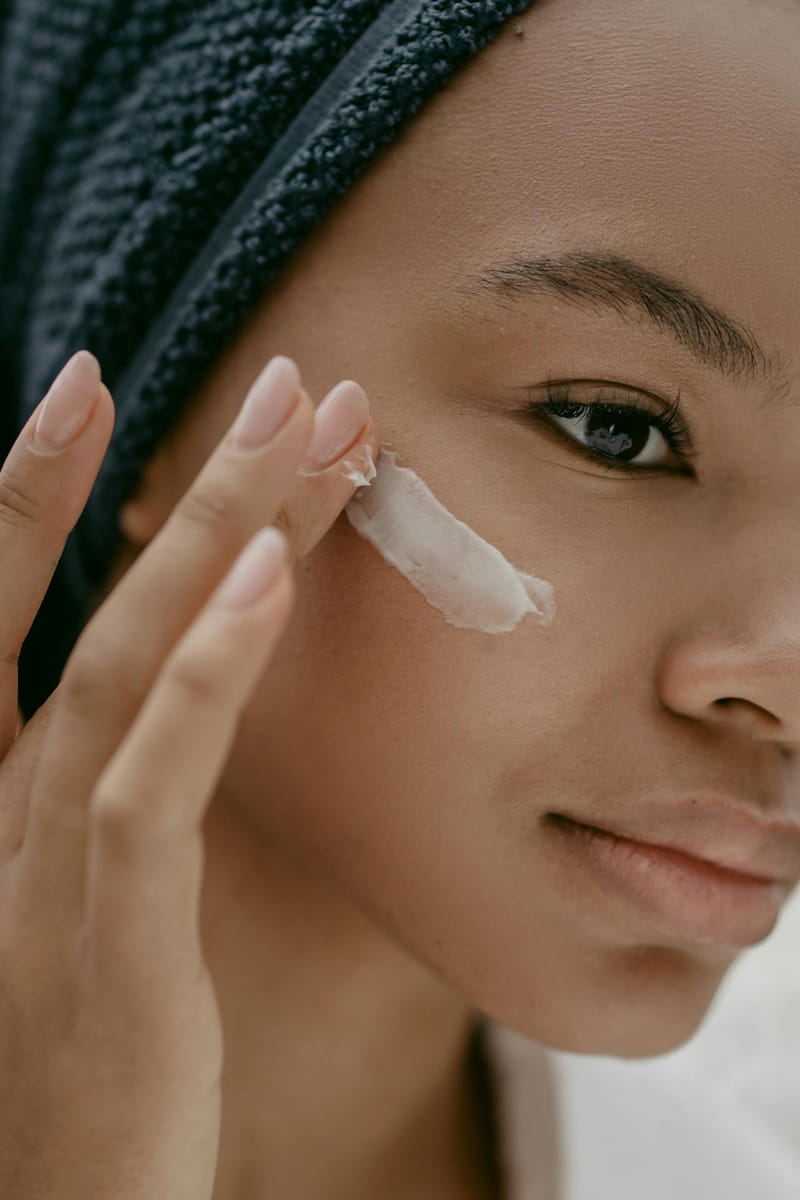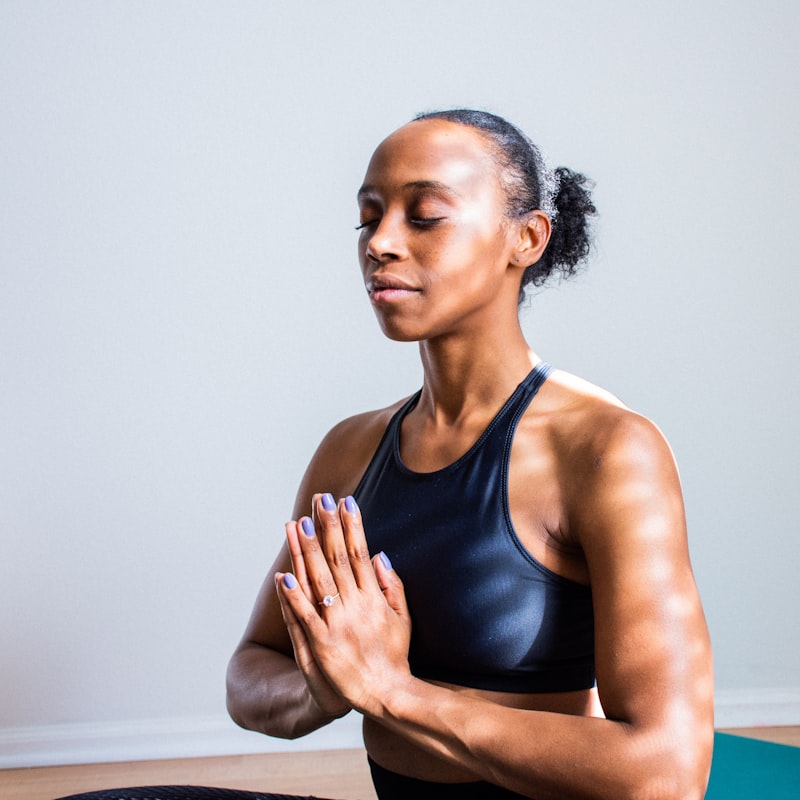Remember when tattoos were a rare sighting, reserved for sailors or bikers? Well, those days are long gone. Now, tattoos are a mainstream phenomenon, a universal language of art and self-expression. But before you jump on the bandwagon, there are a few things you need to know.
1. Research Your Artist:
Just like you wouldn't hire a random person to paint your portrait, don't settle for any "Joe with a needle". Do your homework. Look at portfolios. If you're loving their art style and the reviews are good, then you might have found your artist!
2. Know the Cost:
Tattoos are an investment, not just of your skin, but of your wallet too. High-quality work often comes with a higher price tag. Remember, cheap work can end up costing more in the long run when it comes to touch-ups and potential infections.
3. Consider the Placement:
Is your ink going to be a statement piece or a hidden gem? Keep in mind the visibility and potential impact on job prospects. And remember, some spots hurt more than others, like ribs and feet!
4. Understand the Pain:
Does it hurt? Yes, it does. But everybody's pain tolerance is different. Some areas are more sensitive than others. Remember, beauty is pain, and this is no exception!
5. Prepare for Aftercare:
Your new tattoo needs TLC. It's not just "get inked and go". There's healing time, cleaning, and moisturizing. It's a little like adopting a pet, but less barking.
6. Think Long Term:
This is not a henna tattoo. It's not going to wash off in the shower. It's a lifelong commitment. Make sure it's something you'll love forever.
7. Consider Your Skin:
Remember, your skin is unique. Everyone heals differently. If you have skin conditions like psoriasis or eczema, consider talking to a dermatologist before getting a tattoo.
8. Size Matters:
First tattoo? You might want to start small. This gives you a chance to understand your pain tolerance and see how your skin heals. Plus, it's less commitment and less time under the needle.
9. Have a Support System:
It's always calming to have a friend with you, especially when you're about to get a needle poked into your skin hundreds of times. But remember, too many cooks in the kitchen can be overwhelming. One supportive pal should do the trick!
10. Stay Healthy:
Before and after the tattoo, take care of your body. Eat well, stay hydrated, and get plenty of rest. It helps with the healing process and can even minimize the pain.
When it comes to getting a tattoo, the key is being prepared. It's more than just a piece of art; it's a life-long commitment. So, do your research, make your decisions wisely, and embrace the journey of self expression. After all, your body is your canvas, so make it a masterpiece!
What are the risks and potential complications associated with getting a tattoo?
Tattoos involve puncturing the skin with needles, which can lead to infection if proper hygiene and safety measures are not followed. Infections can cause redness, swelling, pain, and even pus. In severe cases, infections can lead to hospitalization and even life-threatening conditions. So, you might be wondering, "What can I do to avoid this?" It's simple, folks. Make sure you choose a tattoo parlor with impeccable cleanliness standards and licensed artists. A spotless studio is your first line of defense against infection. And, remember, aftercare is key. Follow your artist's aftercare advice to the letter, because trust us, an infected tattoo is not part of the cool look you're going for.
Allergic reactions to tattoo ink are also possible. Symptoms of an allergic reaction can include itching, swelling, and redness around the tattooed area. In rare cases, an allergic reaction can lead to anaphylaxis, a severe and potentially life-threatening allergic reaction. So, to keep the 'itch' only in the realm of excitement and not an allergic nightmare, it's crucial to have a patch test done with your chosen ink beforehand. A little preemptive pricking could save you from a world of discomfort later. Tattoo regret comes in many forms.
If the tattoo artist does not use sterile equipment or if the ink is contaminated, there is a risk of contracting blood-borne diseases such as hepatitis B, hepatitis C, and HIV. It is important to ensure that the tattoo artist follows proper safety and hygiene protocols. So, before you let anyone near your skin with a needle, ask about their sterilization process. Are they using new needles for every client? How do they clean their equipment? These are not just nitpicky questions—your health is at stake here, folks! Remember, if the environment doesn't seem clean, it probably isn't. Trust your gut and don't be afraid to walk away.
In rare cases, tattoos can cause keloids, which are raised and thickened areas of scar tissue. Keloids can be itchy and uncomfortable, and they may require medical treatment. So, before you hop into that chair like a badass ready to get inked, ask yourself: “Am I prone to keloids?” If the answer’s yes, you might want to reconsider or at least discuss with a medical professional first. Remember, a tattoo is more than just a fashion statement—it’s a lifelong commitment to your skin!
Finally, it is important to consider the potential social and professional implications of getting a tattoo. Some employers may have policies against visible tattoos, and tattoos may be perceived differently in different cultures and social settings. So, before you take the plunge, ask yourself: "Am I ready to wear my heart (or favorite quote, or a fancy dragon) on my sleeve, literally, for the rest of my life?" If the answer is a resounding "Yes!", then by all means, go for it! Just remember, it's more than just skin deep.






